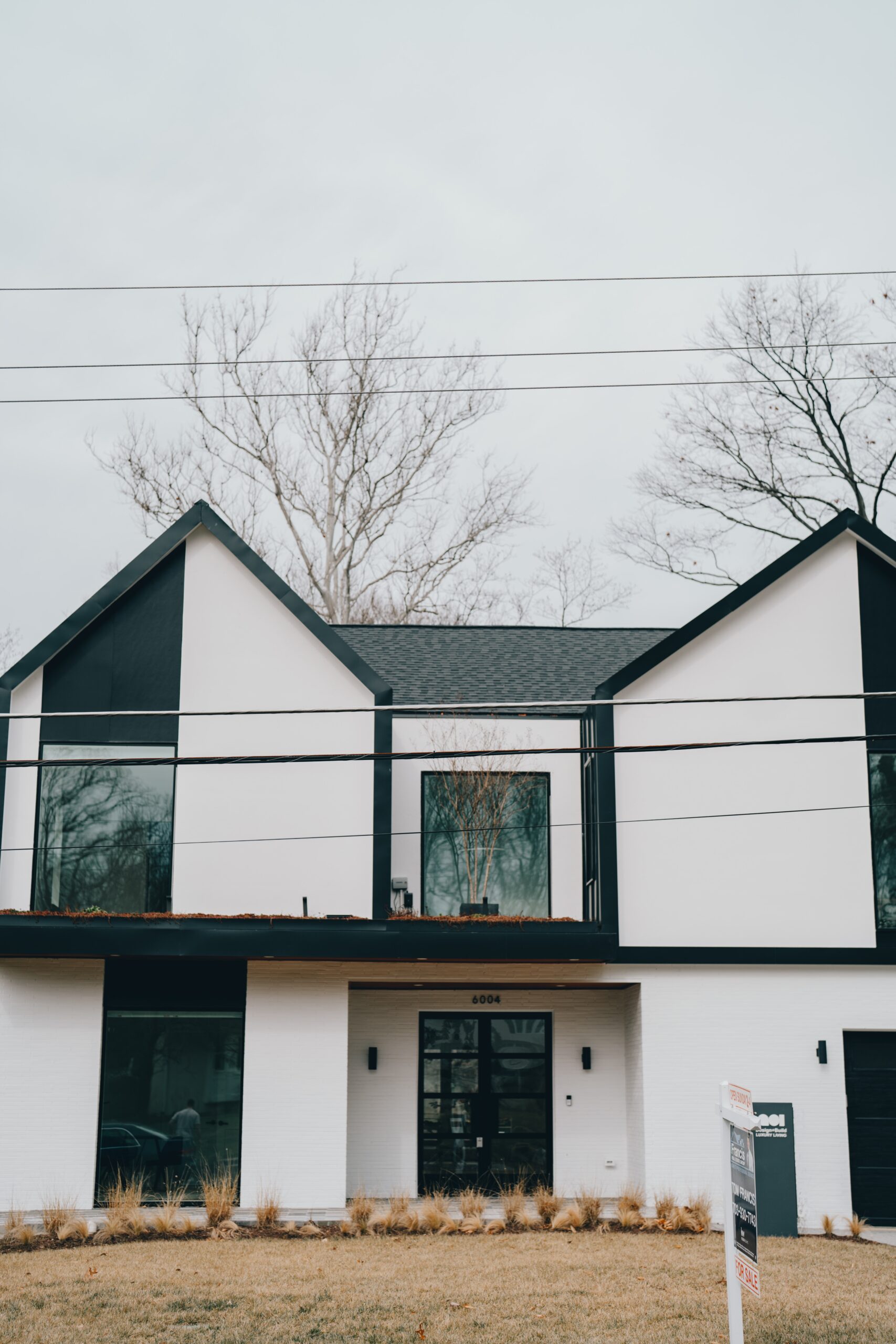30 May Pricing it Right: Strategies for Setting the Perfect Price for Your St. Louis Home
Conduct a Comparative Market Analysis (CMA)
Conducting a Comparative Market Analysis (CMA) is crucial in determining the right price for your St. Louis home. A CMA involves evaluating recently sold properties in your area similar to your home in size, features, and location. By comparing these properties, you can better understand the current market value and trends.
To conduct a CMA:
- Collect data on recently sold homes in your neighborhood.
- Look for similar properties in size, age, condition, and features.
- Expand awareness of the number of bedrooms and bathrooms, square footage, lot size, and any unique amenities or upgrades.
Next, analyze the sales prices of these comparable properties. Consider the listing and final sale prices to get a comprehensive market view. Take note of any significant differences between the listed and sold prices, as this can provide insights into pricing trends and buyer negotiations.
Additionally, consider the average days on the market for these properties. This knowledge can give you a concept of how fast homes in your area sell, influencing your pricing strategy.
Once you have collected and interpreted the data, you can determine a price range for your home based on comparable sales. Remember that the condition and features of your home may warrant adjustments to the price. A CMA is a valuable tool for setting a competitive and realistic price to attract potential buyers while maximizing the value of your St. Louis home.
It’s important to note that while a CMA provides valuable insights, consulting with a real estate professional with expertise in the St. Louis market is always recommended. They can provide a more comprehensive analysis and offer personalized guidance to help you set the perfect price for your home.
The Importance of Pricing it Right
Correctly pricing your St. Louis home is critical for a quick and profitable sale. Overpricing may deter potential buyers, causing the house to sit on the market longer. While underpricing your home may result in a faster sale, it could result in a lower profit.
Key Pricing Strategies
Understand the Local Market
The St. Louis, real estate market exhibits significant variation across different neighborhoods. Gaining a comprehensive understanding of the local market dynamics is crucial, encompassing factors such as the average price per square foot, the median house price, and the average duration that homes remain on the market. This knowledge will empower you to make informed decisions when pricing your home.
Evaluate Comparable Homes
Look at newly sold homes in your area that are identical to yours in times of size, condition, and features. This choice gives you a concept of what buyers will pay for a home like yours.
Consider Home’s Unique Features
If your home has unique features that add value, such as a more considerable lot, a renovated kitchen, or a desirable location, these can justify a higher price point. However, ensuring these features add value from a buyer’s perspective is essential.
Be Flexible
In real estate, it’s essential to adjust your price if necessary. If your home has been on the need for a while without offers, or if you receive feedback that it’s overpriced, consider a price reduction.
Professional Help: Appraisers and Realtors
An appraiser can provide a professional home valuation, while a realtor can provide insights into the local market and advice on pricing strategies. Their expertise can be invaluable in setting the perfect price for your St. Louis home.
Potential risks of overpricing a home in the St. Louis market?
Overpricing a home in the St. Louis market has several potential risks and drawbacks. Here are some fundamental changes to consider:
Limited Buyer Interest:
Overpricing a home can reduce the pool of customers who may be curious about the property. Buyers searching within a specific price range may not even consider homes priced significantly higher.
Extended Time on the Market:
An overpriced home may take longer to sell as it may attract less attention or receive competitive offers. The extended a place stays on the need, the more likely it becomes stigmatized or perceived as less desirable.
Price Reductions:
If a house is priced initially too high and welcomes little buyer interest, sellers may need to reduce the price over time. Price reductions can signal to potential buyers that there may be problems with the effects or that the seller is evolving hopelessly, leading to further negotiation power for buyers.
Appraisal Challenges:
If a buyer needs a mortgage to purchase the property, the home’s appraised value must align with the agreed-upon purchase price. If the home is overpriced, it may appraise at a different price, causing complications during the financing process and potentially renegotiating the terms.
Missed Opportunities:
Pricing a home can prevent sellers from missing out on potential offers from motivated buyers searching within their price range. These missed opportunities could result in a longer time to sell and a lower final sale price.
Market Perception:
St. Louis MO Commercial Real Estate Agents should be mindful of the potential consequences of overpricing. When a property is priced too high, it can create the perception that the seller lacks realism and motivation to sell. This perception, in turn, has the potential to discourage severe buyers and can significantly influence how the property is perceived within the market.
Conclusion
Pricing your St. Louis home correctly is a strategic process that requires understanding the local market, evaluating comparable homes, and considering your home’s unique features and flexibility. By implementing these strategies and leveraging the expertise of real estate professionals, you can effectively determine the optimal price for your home, ultimately attracting interested buyers who recognize its value.
FAQs
Q: How often should I adjust my home’s price if it’s not selling?
A: While there is no definitive rule, if your house has stood on the need for a month without any offers or showings, it may be worth considering a price adjustment to attract more potential buyers.
Q: Can I increase my home’s price if there’s a lot of interest?
A: While increasing your home’s price due to high interest is possible, it can deter potential buyers and even breach local real estate regulations. It’s best to set a realistic, competitive price from the start.
Q: How much does a professional appraisal cost?
A: The cost of a home appraisal can vary depending on aspects such as the size and complexity of the property. A typical home appraisal may cost between $300 and $400 on average.
Q: How can a realtor help me set the right price?
A: A realtor has extensive knowledge of the local market and access to data on recently sold homes. They can supply a Comparative Market Analysis (CMA) that considers comparable properties and market trends to help you decide your home’s price range.
Q: Should I price my home slightly higher to leave room for negotiation?
A: While some sellers may choose to leave room for negotiation, it’s important to note that overpricing can deter potential buyers. Setting a competitive price that attracts buyers and allows for a smooth negotiation process is often more practical.
 CLICK HERE FOR PODCAST
CLICK HERE FOR PODCAST


